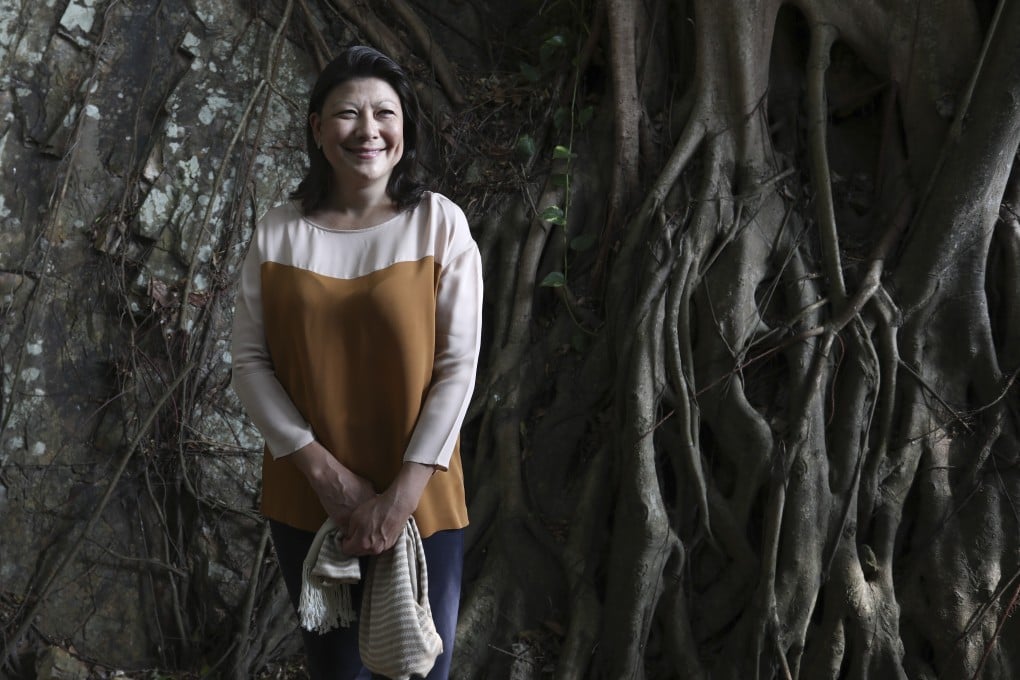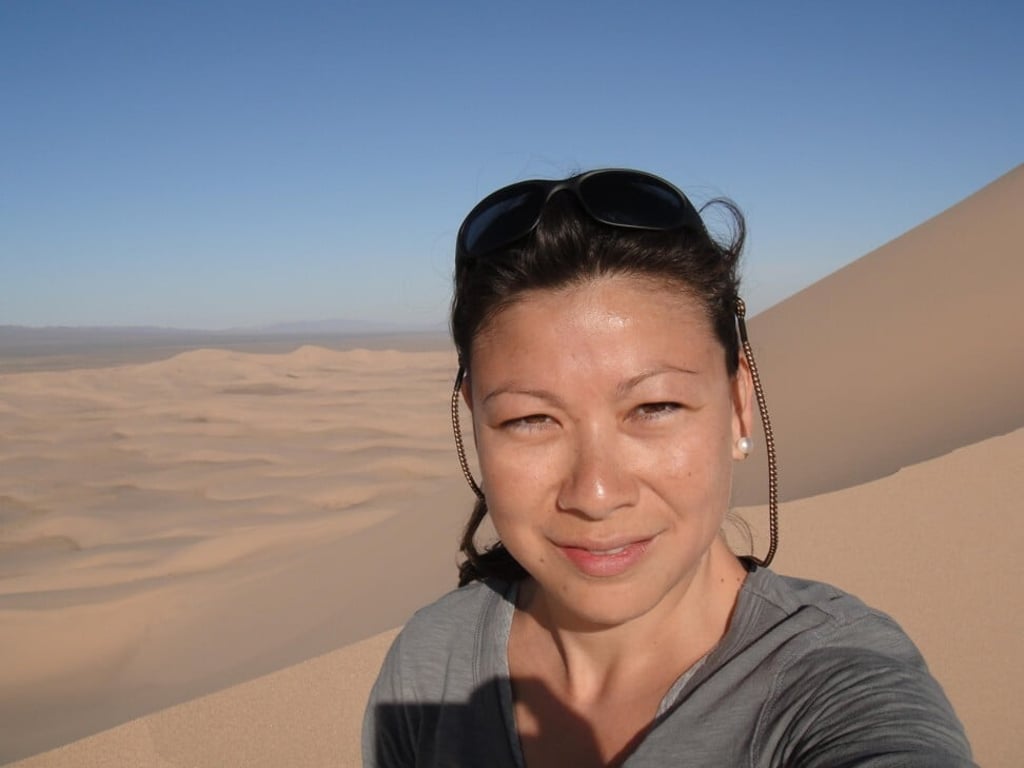‘I was a very bad lawyer’ but ‘banking suited me’, says SparkRaise founder Yeone Fok
- The Taiwan-born former banker behind ethical crowdfunding platform SparkRaise reflects on her peripatetic childhood, which included stints in Japan, Beijing, Hong Kong and the US
- Having attended Wellesley, Cambridge, Oxford and Harvard, she says, ‘I basically kept studying because I didn’t want to work’

On the move: I’m very mixed. My mother is an artist and is American Chinese, my father is Austrian, and they met in the United States. I was born and spent the first year of my life in a rural mountain village in Taiwan where my parents were doing anthropological fieldwork.
After my father completed his PhD in anthropology, he went to Harvard Law School. We moved around a lot when I was young. From Cambridge, Massachusetts, we moved to Japan for a year when I was four. I remember people asking where I was from. It made me realise that in this world people want to categorise other people and think about ways in which they are similar or different.
When I was five years old, we moved to Hong Kong for a couple of years and I went to Kellett School. In 1982, we moved to Beijing, which I loved. It was soon after China had opened its doors to foreign trade and most of the foreigners living there were journalists or diplomats, neither of which my parents were. My father was a lawyer.
We lived in the old Belgian legation. When I think back, I think of the walls that form the boundaries of the hutongs. There were enormous, thick walls that formed part of the city walls. I went to an international school attached to the US embassy. I remember when we were concerned about the US relationship with Libya, learning how to get underneath the table in case there was an attack.

The inbetweeners: In 1986, we moved back to Hong Kong. It was such a contrast to go from Beijing, where the streets were buzzing with grey- and blue-clad people on bicycles, to Hong Kong with all the glittering labels and brands that people cared about. I was 12 years old and went to the German Swiss International School.